Traffic and the cost of a proposed new Elmwood School were among the concerns of residents attending Tuesday’s public forum with the Elementary School Building Committee.
Special Town Meeting voters on Nov. 13 will be deciding whether to go ahead with construction of a three-story, Grades 2-4 elementary school with a budget of $158,422,394 on Hayden Rowe Street.
It also will need approval at a Special Town Election on Nov. 28.
During the more than two-hour session, a presentation was made by representatives from Vertex and Perkins Eastman as well as Elementary School Building Committee (ESBC) members and Superintendent Carol Cavanaugh.
About a dozen residents attending in person at the high school expressed their opinions and asked questions during the second hour of the meeting. Several participants submitted questions through Zoom.
Process overview, project components described
The first half included an overview of the process to date: the decisions made regarding design and materials, site selection and building features; issues around transportation and traffic; HVAC (heating, ventilation and air conditioning) and energy savings; state reimbursement and the project’s costs.
Robert Bell, Perkins Eastman’s educational programmer/principal, talked about enrollment projections and how the building’s design corresponds to educational needs, as required by the Massachusetts School Building Authority (MSBA).
He also reviewed the site and floor plans, while Vertex’s senior project manager, Chris Eberly, spoke about geothermal energy, noting that through MassSave and Inflation Reduction Act funds, the town could receive a rebate of $5 million to $7 million one to two years after the project is completed.
Costs of ‘no’ vote given
ESBC chair Jon Graziano and the superintendent discussed the implications of a ‘no’ vote, including mitigations to be made and their costs.
“A ‘no’ vote means the project ceases to exist for the MSBA,” Graziano said. To get back in the application line would likely take five years. Work to date on the schematic design would have to be done over without reimbursement the second time, he said.
To renovate the existing Elmwood School would require more modulars ($1 million to $1.75 million per classroom) additions to the gym, media center and technology space, utilities, site work and more.
Temporary accommodations would have to be made while the renovations are ongoing, with a cost up to $83 million, according to Graziano.
Other factors would be larger class sizes, the need for additional lunch shifts and the forfeiting of additional middle school space if Grade 4 stays at Hopkins School, he said.
Tax impact from borrowing explained
ESBC member Bill Flannery, also a member of the Appropriations Committee, spoke about rising inflation and square footage costs. He cited the most recent reimbursement figure from the MSBA, totaling $46 million, or 29.5% to 31% of the project.
Special Town Meeting will vote on the $158 million budget, which he said is “without a doubt, a significant investment.” He said the town’s contribution down the line would be in the $104 million to $106 million range, following incentives, rebates and reimbursements.
The median tax impact would be $1,086 (for a $753,000 valued average home) starting in 2028 and decreasing over the following years, Flannery said.
Eberly added that if the project is approved, construction for the school would begin “well into 2025,” with the construction design phase, third-party reviews and permitting process from town boards in the years prior.
Q&A features array of issues
A couple of residents asked about the state mandating 750 affordable housing units. Graziano said that possibility was not factored in enrollment projections because there are unanswered questions.
He expressed confidence that the design left room to expand, if necessary, around classroom wings.
Several people asked about specifics regarding traffic. One resident said it had been stated at a previous meeting that the traffic work was not included in the $158 million total.
Graziano said that was not the case, and he would show the line items in the budget. “I apologize if that was misstated,” he said. “It’s 100% in the budget. I’m not saying we’ll go forward with all of the aspects … but the money is in there if we do.”
Other residents asked about different building design scenarios, such as putting all the common spaces on the first floor or having a fourth floor.
Another worried about safety and small children having to rush downstairs in case of an emergency. Bell noted that the number and size of the floors and passageways provided for extra, safe egress, and the design includes a fire protection sprinkler system.
ESBC member Mike Shepard reiterated that the proposed school would adhere to required building codes.
Another resident expressed concern about drainage, noting excess water ran onto his property because of the Marathon project. Dan Colli, project manager of Perkins Eastman, said there is a stormwater management plan in place to capture runoff on-site and they would do whatever is necessary to minimize problems as required by law.
In response to questions about added staffing costs, Cavanaugh said whether or not there is a new building, it’s time to add additional assistant principals and adjustment counselors who still would have a ratio of 400 students to one.
In answer to a question about the Hopkins addition project, Cavanaugh said it would cost $40 million, appear as a capital item on the May Town Meeting warrant and occur “concurrently” with the Elmwood project, with the same opening dates.
Existing assistant principals would move to the new school, with an additional two needed at around $105,000 each. Similarly, existing counselors would move, but there would be a need for two additional at $75,000 each, the superintendent said.
Over the years, a dozen more teachers will have to be added to accommodate the growing number of classrooms, she said.
Graziano suggested people calling for a more comprehensive, town-wide traffic study contact the town manager and Select Board about that possibility.
Other residents talked about being “taxed out of town,” and one said people move into the town for the schools and then out again when their kids graduate, leaving the remaining people to bear the burden of taxes, which is “a hard pill to swallow.”
Graziano said the ESBC is composed of town residents and taxpayers, almost all of whom do not have children going to the proposed new school.
“We’re facing a problem. The buildings are not able to accommodate the numbers. This is ultimately what it costs to solve the problem,” he noted.
Graziano said he often hears from people that it is the teachers, not the building, that make a school great.
“We want to remain a situation where the building provides the environment for the phenomenal educators and administrators to be able to deliver that education for the students … while being as cost-effective as possible,” Graziano said.
Another public forum is scheduled on Nov. 7 at 7 p.m. at the high school and via Zoom.


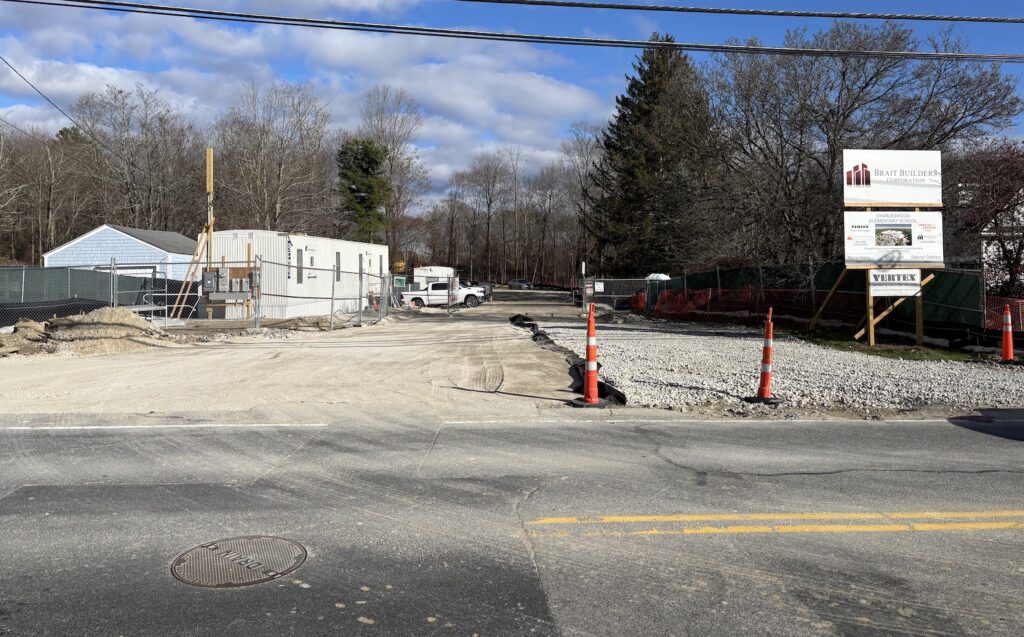
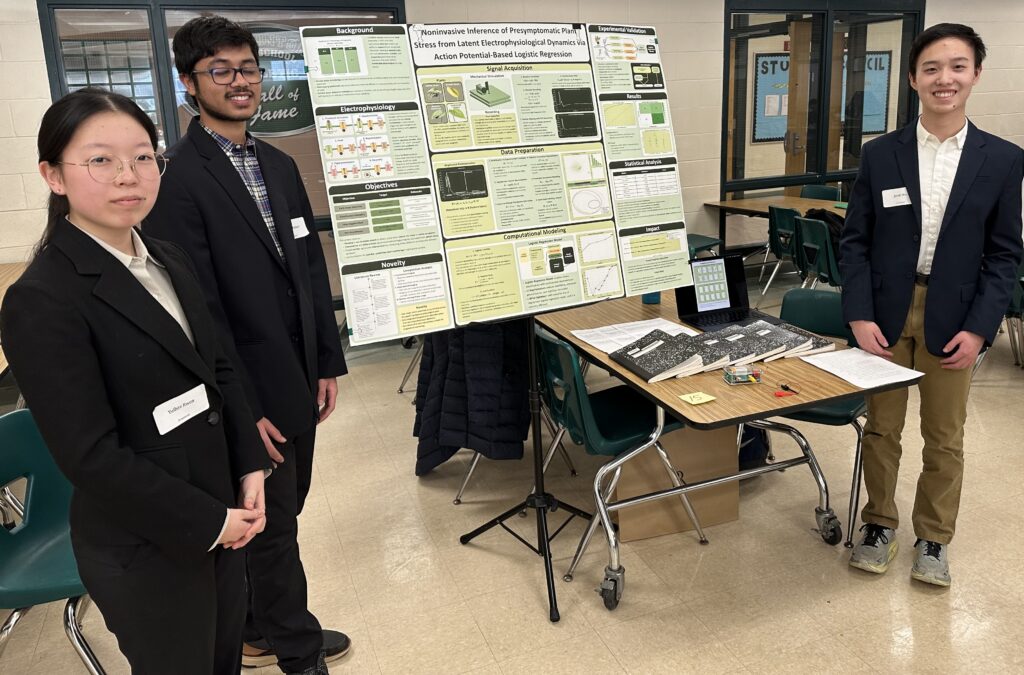
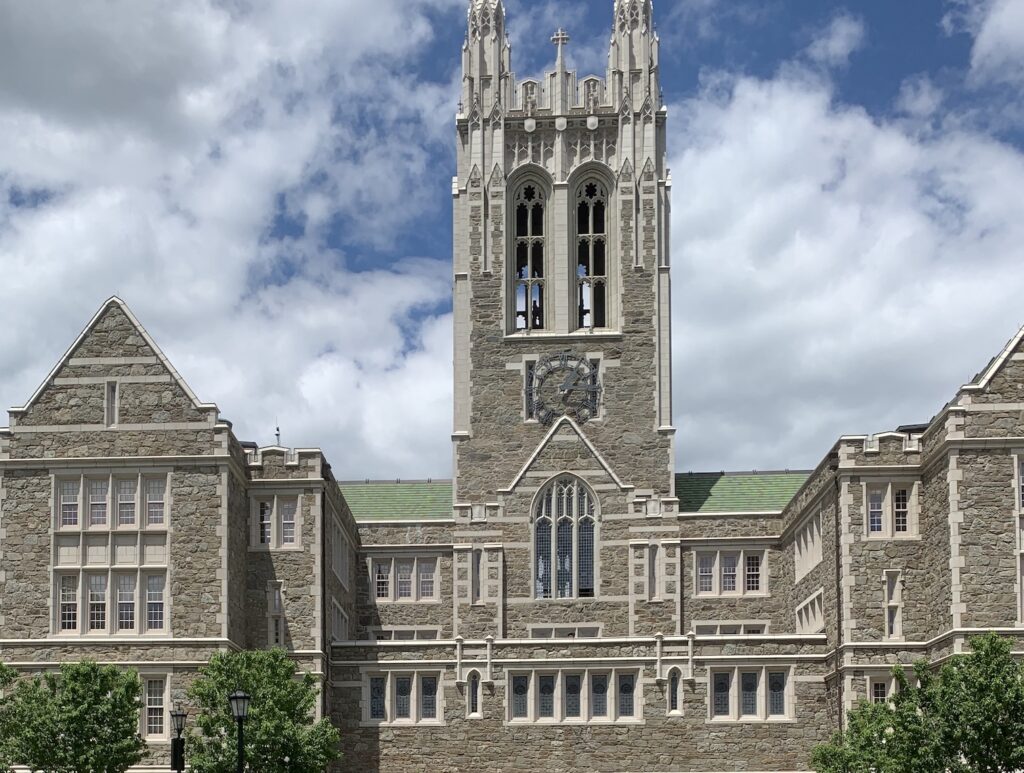
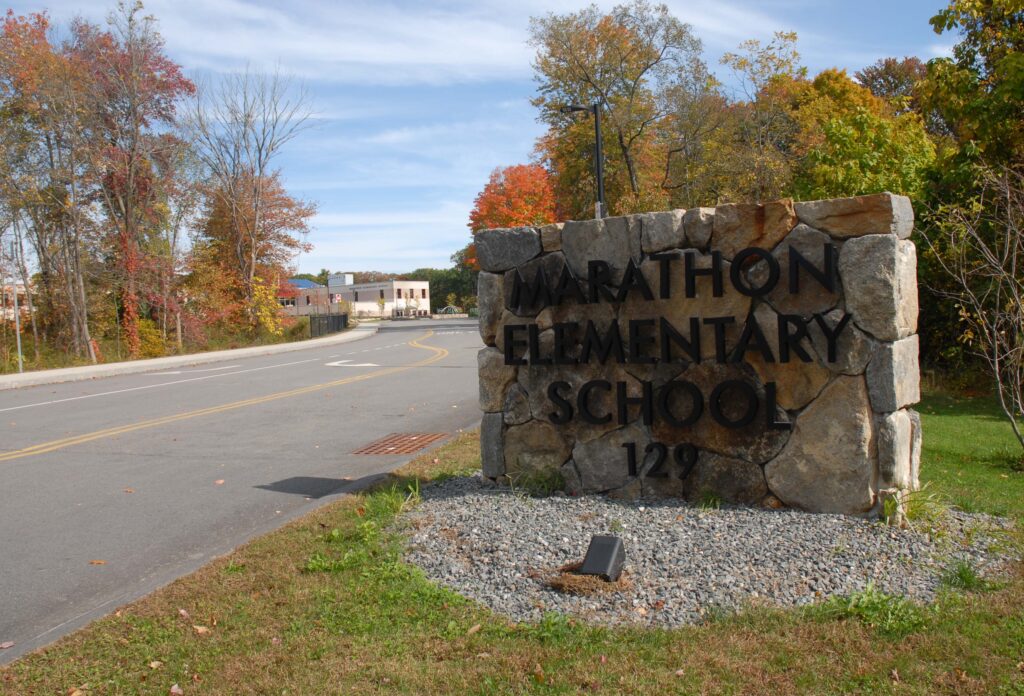
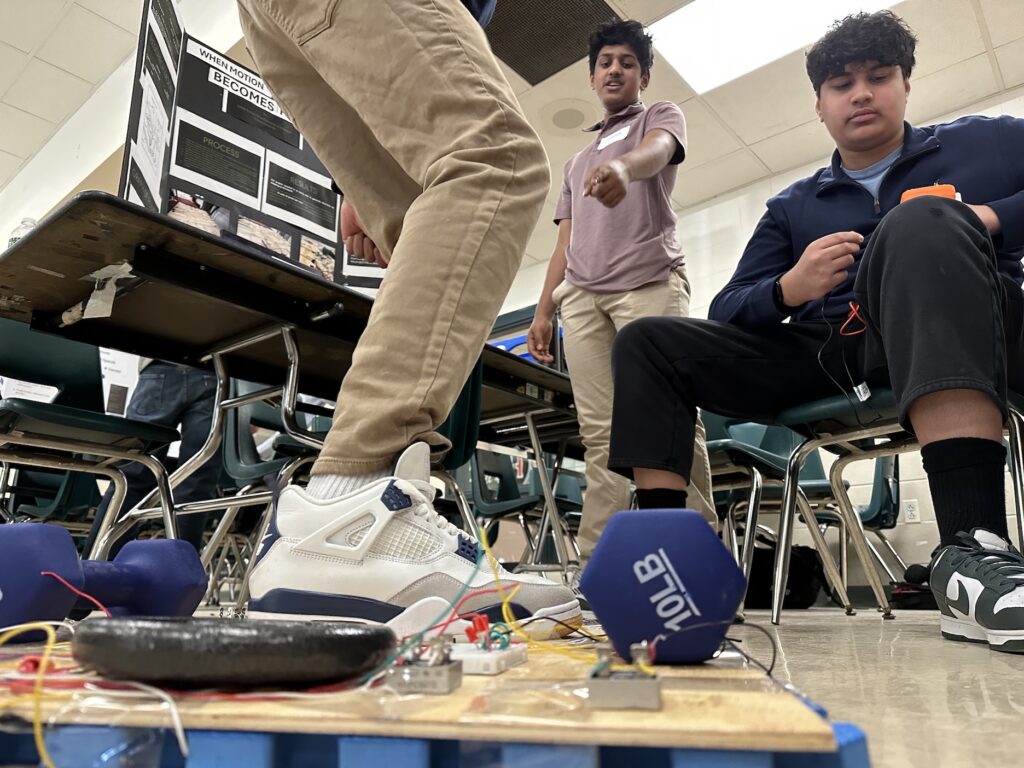
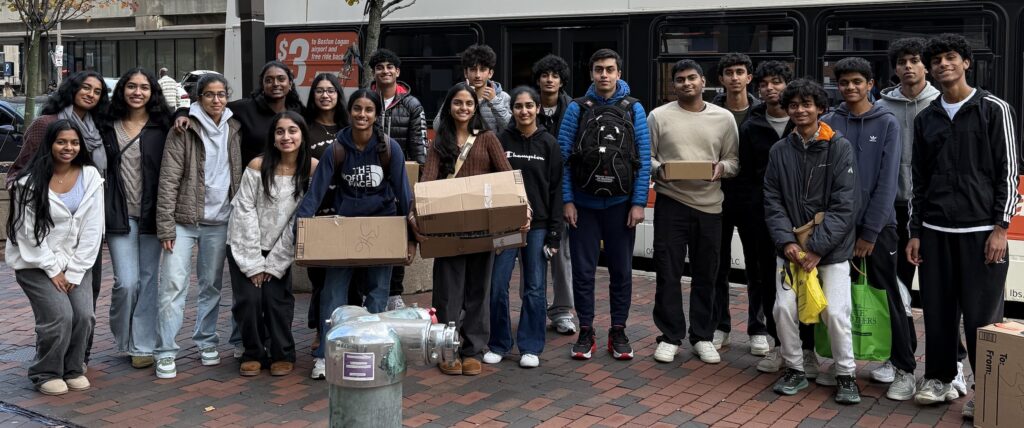













0 Comments